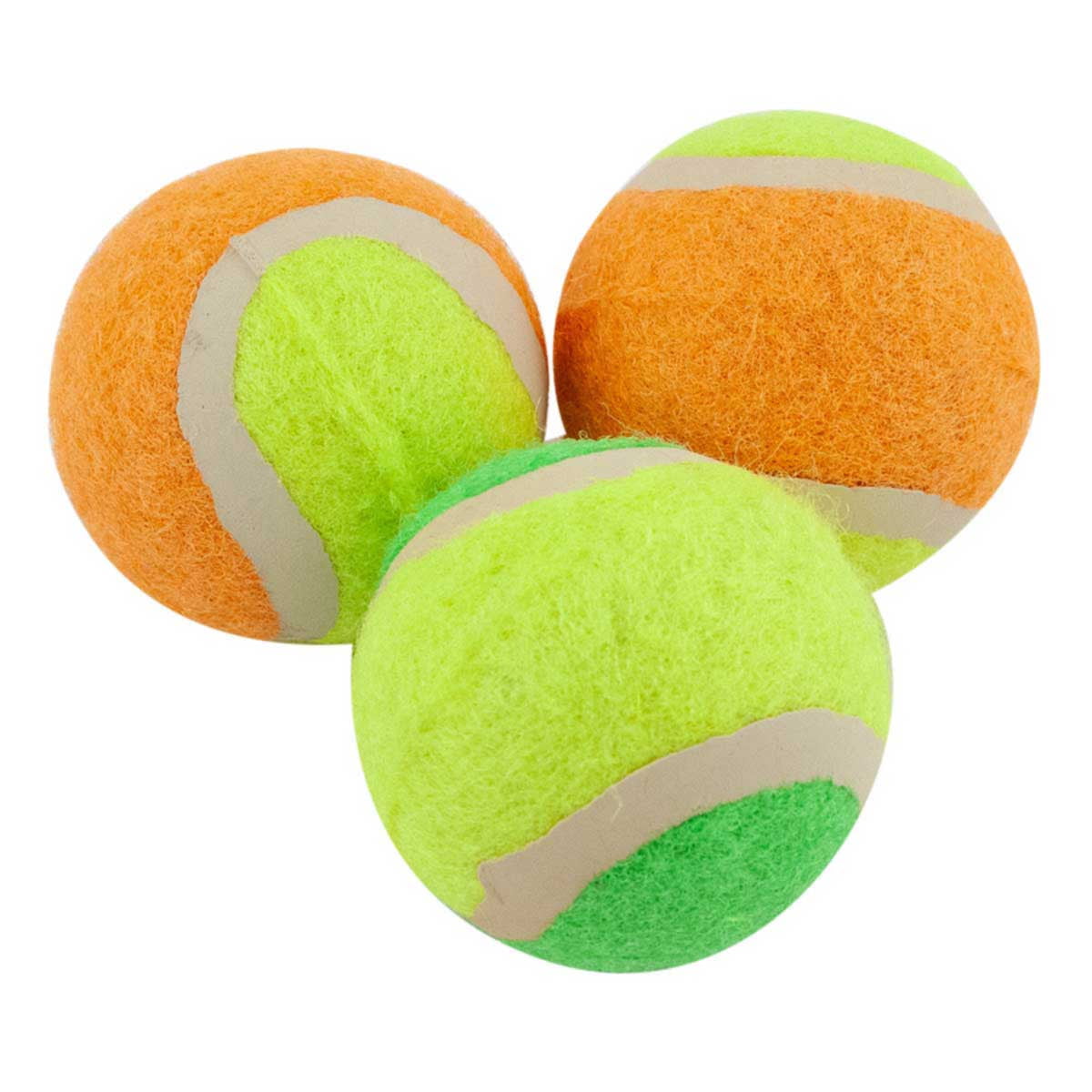

Across a number of different cognitive measures no cognitive improvements were identified when comparing the microdose sessions to the placebo. Perhaps, most interestingly, the study found all three volumes of microdoses exerted very little effect over mood and cognition.
#PLACEBO TINY BALLS TRIAL#
Subjective responses from the trial suggest 26 μg produces notable drug-like sensations, implying it may be too high a dose for an ideal imperceptible microdose. None of the doses affected body temperature or heart rate. Physiologically the 26 μg dose showed increases in blood pressure, while lower doses resulted in only minor blood pressure changes. Each LSD session took place under controlled conditions with the subject remaining under observation for eight hours and completing a variety of different physiological, behavioral and cognitive tests across each dose day.

Twenty subjects were recruited, and each received one blind LSD dose a week, for four weeks.Īcross the study four different dosages were administered: a placebo, 6.5, 13, or 26 micrograms (μg) – a general hallucinogenic LSD dose is around 100 to 200 micrograms. This newly published study, from a team at the University of Chicago, set out to fill some gaps in scientific knowledge through the very first trial into the effects of small LSD doses in double-blind, placebo-controlled conditions. Although many purport microdosing to be effective there have been literally no human trials establishing whether this is a real phenomenon or a glorified placebo effect. These doses must be so small that the user feels no acute hallucinogenic effects, and microdosers generally take one dose every three or four days.Īlthough the phenomenon tracks back at least a decade in some psychedelic circles, the trend was popularized in 2015 following an influential Rolling Stone article that revealed microdosing was rife amongst young Silicon Valley professionals. The idea behind psychedelic microdosing is that tiny sub-perceptual doses of drugs, such as LSD, can confer enhancements to productivity, creativity, mental well-being and energy. A fascinating new study from scientists at the University of Chicago is offering the very first placebo-controlled clinical research testing the mood-altering, physiological and behavioral effects of LSD microdoses. Although a large volume of anecdotal reports have been published over the last few years affirming the value of LSD microdosing, there has been very little scientific or empirical study on this compelling phenomenon.


 0 kommentar(er)
0 kommentar(er)
